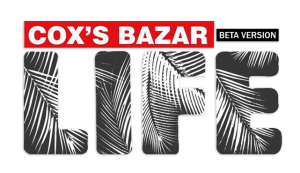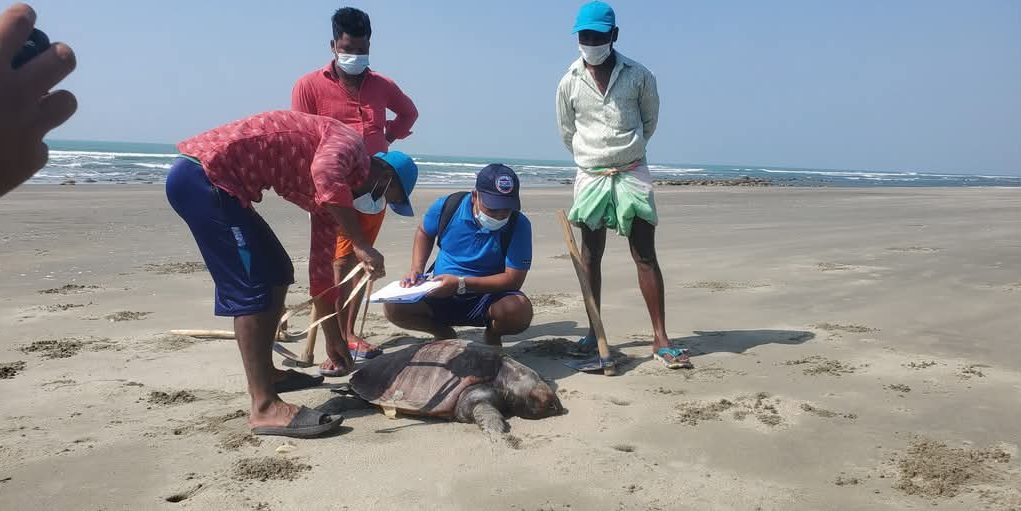The Bangladesh Oceanographic Research Institute (BORI) has recovered the bodies of 70 Olive Ridley turtles along Cox’s Bazar beach. Over three days—Saturday, Sunday, and Monday (January 25–27), researchers found these turtles along the coastline stretching from Teknaf to Himchari.
BORI scientific officer Mohammad Shimul Bhuiyan confirmed the information to Cox’s Bazar Life. He explained that the institute’s research team recovered 12 dead turtles from Teknaf’s Sabrang Zero Point to Ukhiya’s Ruppoti area on Saturday. On Sunday, the team discovered 50 dead turtles between Ruppoti and Sonarpara. Finally, on Monday morning, we retrieved eight additional carcasses between Pechar Dwip and Himchari.
Rising Concerns During Breeding Season
November through March is the breeding season for sea turtles. During this time, female turtles come ashore to lay eggs. Many turtles die after becoming entangled in fishing nets or colliding with large sea vessels. Investigations are ongoing to determine the exact cause of death for these turtles.
Shimul Bhuiyan noted that many of the carcasses were skeletons, indicating the turtles had died over the past two months, not in recent days. Some bodies showed signs of injury, while others had decayed significantly.
Environmentalists raise the alarm.
Environmentalists have expressed grave concern about the alarming rate of turtle deaths. Journalist H.M. Ershad, president of the Cox’s Bazar chapter of Bangladesh Poribesh Andolon (BAPA), highlighted that uncontrolled tourism and fishing practices threaten turtle populations.
He noted that turtles previously laid eggs on St. Martin’s Island, Sonadia Island, and coastal areas like Teknaf, Sonarpara, and Himchari. However, unregulated tourism, excessive fishing activities, and harmful practices like large driftnets and behundi nets have severely disrupted their breeding grounds.
Fishermen often kill turtles caught in nets to avoid trouble, using complex objects like bamboo, wood, or metal. The fishermen discard the dead turtles, allowing their bodies to wash ashore.
Urgent action needed.
H.M. Ershad emphasised the need for immediate steps to address the issue. “We urge the district administration, the oceanographic research institute, and fisheries officials to work together to save the turtles. We plan to submit a memorandum to the district administration demanding measures to protect these marine creatures,” he added.
Efforts to regulate fishing, protect breeding grounds, and control tourism activities are essential to prevent further harm to these endangered species and ensure the ecological balance of Cox’s Bazar’s coastline.
By Abdur Rashid Manik
Photo: Collected










